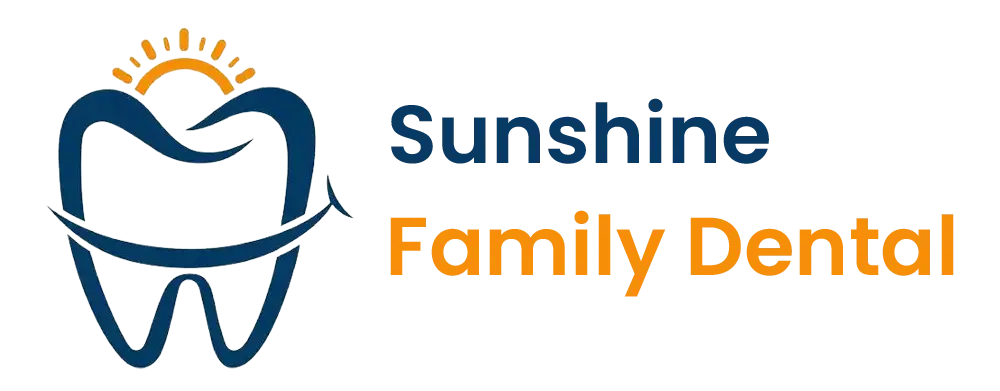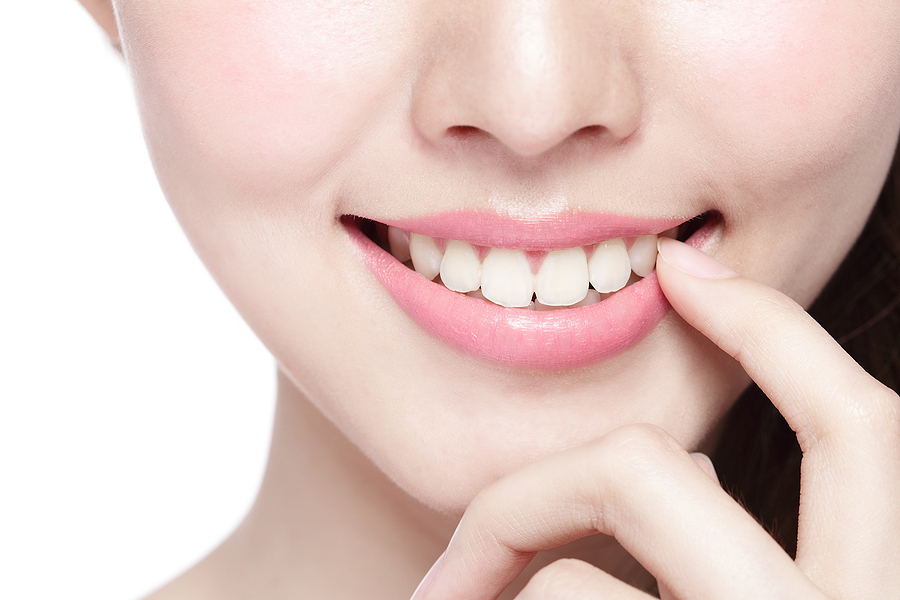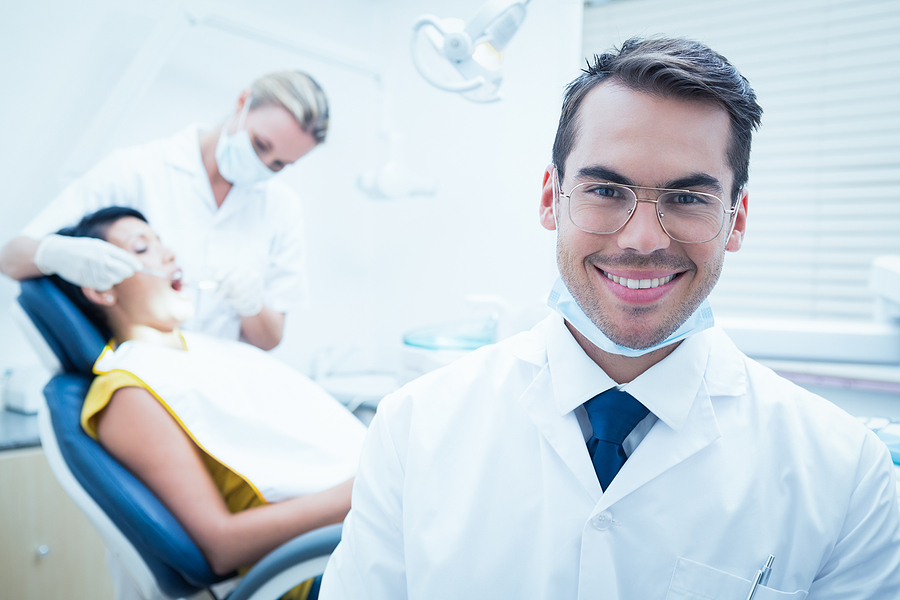Get A Whiter and Brighter Smile with Dental Veneers
Nov 01, 2023![Root Canal Treatment in Pleasanton, CA Root Canal Treatment in Pleasanton, CA]()
The Benefits of Root Canal Treatment: Why Saving Your Tooth is Worth It
Oct 04, 2024![This is a thumbnail image of blog Do All Wisdom Teeth Need to Be Removed? A Guide to When Extraction is Necessary This is a thumbnail image of blog Do All Wisdom Teeth Need to Be Removed? A Guide to When Extraction is Necessary]()
Do All Wisdom Teeth Need to Be Removed? A Guide to When Extraction is Necessary
Nov 02, 2024![Cosmetic Dentistry in Pleasanton, CA Cosmetic Dentistry in Pleasanton, CA]()
Enhance Your Smile: The Wonders of Cosmetic Dentistry
Mar 03, 2024Toothache Troubles: How Do You Know if You Need a Root Canal in Pleasanton, CA?
Feb 01, 2024
The Dental Exam: What To Expect
Welcome to our blog post all about the dental exam! As much as many people may try to avoid it, visiting the dentist for regular check-ups is an essential part of maintaining good oral health. These exams not only help prevent potential problems down the road but also ensure that your pearly whites are in tip-top shape. Whether you're a seasoned pro or feeling a bit nervous, this article will walk you through what to expect during your next dental exam and share some helpful tips for keeping your smile shining between visits. So sit back, relax, and let's dive into the world of dental exams!
Why Regular Dental Exams Are Important
Regular dental exams are crucial for maintaining optimal oral health. While brushing and flossing at home are important, there are certain things that only a professional dentist can detect and address. During these exams, dentists assess the overall condition of your teeth, gums, and mouth to catch any potential issues before they become bigger problems.
- One key reason why regular dental exams are important is the early detection of oral diseases. Dentists have the knowledge and expertise to identify signs of gum disease, tooth decay, or even oral cancer in their early stages when they can be treated more effectively. By catching these issues early on, you can avoid more extensive treatments down the line.
- Another benefit of regular dental exams is preventive care. Dentists not only check for existing problems but also clean your teeth thoroughly to remove plaque and tartar buildup that may lead to cavities or gum inflammation. They may also provide fluoride treatment or recommend sealants to protect vulnerable areas from decay.
- Furthermore, dental exams allow dentists to evaluate your oral hygiene routine and make necessary recommendations for improvement. They can offer personalized tips on brushing techniques and proper flossing methods based on your specific needs.
- In addition to addressing current concerns and providing preventive care advice, regular dental visits help establish a trusting relationship with your dentist. This allows them to become familiar with your unique dental history and track any changes over time.
So remember: don't skip those routine dental appointments! Regular exams play a vital role in keeping your smile healthy and ensuring long-term oral well-being.
What Happens During a Dental Exam?
During a dental exam, you can expect your dentist to perform several important tasks to ensure the health of your teeth and gums. First, they will conduct a thorough examination of your mouth, checking for any signs of tooth decay or gum disease. This may involve using tools such as a mirror and probe to get a closer look at hard-to-reach areas.
Next, your dentist may take X-rays of your teeth to identify any underlying issues that are not visible during the visual examination. These images can help detect problems like cavities, impacted teeth, or bone loss.
After completing these assessments, your dentist will clean your teeth using special instruments to remove plaque and tartar buildup. They will also polish your teeth to remove surface stains and leave them looking shiny and smooth.
In addition to these procedures, your dentist may also provide personalized advice on how to improve your oral hygiene routine or recommend treatments such as fluoride application or dental sealants if necessary.
A dental exam is an essential part of maintaining good oral health and preventing future dental problems. By regularly visiting the dentist for exams, you can catch issues early on when they are easier (and less expensive) to treat!
Tips for Maintaining Good Oral Health Between Exams
Taking care of your teeth and gums is essential for maintaining good oral health. While regular dental exams are important, what you do between those appointments can make a significant difference in the overall condition of your mouth. Here are some tips to help you maintain optimal oral health between exams.
- It's crucial to establish a daily oral hygiene routine. Brushing your teeth at least twice a day with fluoride toothpaste helps remove plaque and prevent cavities. Don't forget to brush along the gumline and on the surface of your tongue as well! Additionally, flossing once a day cleans areas that the toothbrush can't reach, such as between teeth and below the gumline.
- Another tip is to be mindful of what you eat and drink. Limit sugary foods and beverages as much as possible since they contribute to tooth decay. Opt for healthier alternatives like fruits, vegetables, lean proteins, and dairy products instead. Drinking plenty of water throughout the day also aids in washing away food particles and keeping your mouth hydrated.
- Furthermore, don't neglect regular visits to your dentist or dental hygienist for professional cleanings. These cleanings remove tartar buildup that cannot be removed by brushing alone and allow for early detection of any potential issues.
- Lastly but equally importantly, avoid tobacco use in any form! Smoking or chewing tobacco not only stains teeth but also increases the risk of gum disease, oral cancer, bad breath (halitosis), and other serious dental problems.
By following these tips consistently throughout each day – practicing good oral hygiene habits at home while making healthy choices regarding diet - you can significantly improve your chances of maintaining excellent oral health until your next dental exam!
Remember: prevention is key when it comes to avoiding more extensive treatments down the line. So take charge of your oral health now by implementing these simple yet effective practices into your daily routine!
Conclusion
Regular dental exams play a crucial role in maintaining good oral health. By scheduling routine check-ups with your dentist, you can catch any potential issues early on and prevent them from developing into more serious problems. During a dental exam, your dentist will perform various procedures to assess the health of your teeth and gums, such as x-rays, cleanings, and screenings for oral cancer.
To make the most out of your dental exam experience, it's important to practice good oral hygiene habits between visits. This includes brushing twice a day with fluoride toothpaste, flossing daily to remove plaque from hard-to-reach areas, eating a balanced diet that is low in sugary snacks and beverages, and avoiding tobacco products.
Remember that each dental exam is personalized based on individual needs. Your dentist will discuss any concerns or recommendations specific to your oral health during the appointment. So don't hesitate to ask questions or seek clarification about any aspect of your dental care.
Regular dental exams are an essential part of overall wellness. By prioritizing these appointments and maintaining excellent oral hygiene habits at home, you can enjoy a bright smile and optimal oral health for years to come! Call us to schedule your appointment.
Office Hours
MON - WED9:00 am - 5:00 pm
THUClosed
FRI9:00 am - 5:00 pm
SAT8:30 am - 2:30 pm
SUNClosed




comments